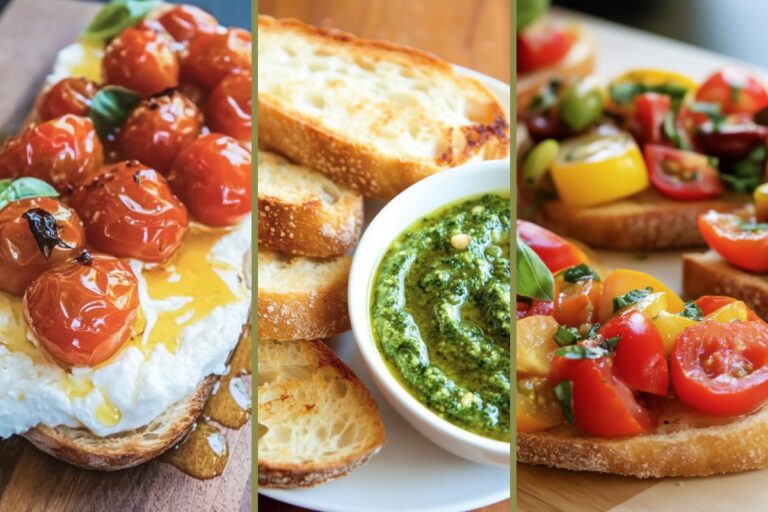The Italian expression “buon appetito!” which literally can be translated into good appetite, is probably one of the best known Italian expressions in the world, anyone who has made at least one journey to Italy in their life knows that it is said right before eating, by addressing the other diners at the table, which then they should reply with “buon appetito!” or “you too” or simply “thanks!” But is it really so?
In fact, this habit, which actually still remains quite rooted in my country, is used by some families who still carry it forward; generally, in older families, where the parents are very old, devoted or still linked to the ancient tradition.
However, according to today’s Italian good manners, the expression “buon appetito” is not polite, this type of greeting should not be given to those who start the meal or are eating. It is in disuse because it is an ancient custom of aristocratic origin that recalls the times when there could be people belonging to different social ranks at the same table.
Why did we say “buon appetito” and now not?
“Buon appetito” comes from a very specific ancient era: food was used as a pretext to create opportunities for conviviality and, when on special occasions, like Christmas, the servants also took part in the table, there was custom of offering a richer meal than usual, starting the dinner with the “buon appetito” of the house’s noble.
You must know that in ancient times in Italy, meal times, especially for aristocratic families, were purely convivial, often to talk about politics. So, no one came to the table hungry, precisely because food was an excuse to sit down, an opportunity to discuss and exchange information.
Wishing a good appetite was like accusing the diner of being hungry and, therefore, of belonging to a humble rank.
Here is the reason why this habit has been lost in Italy: saying good appetite (according to tradition) could put the diners in an involuntary position of inferiority.
There are also those who believe that this custom was handed down by the bourgeoisie which, in turn, would have absorbed it from the medieval courts when, after the terrible times of famine which had led everyone, without any exclusion of social class, towards a trivial existence, good manners have been rediscovered also thanks to the abundance of food imported from the New World.
In other words, the formula would have been born to wish everyone that they could finally satiate their hunger!
In any case, for every Italian who saves a “buon appetito” there is a Frenchman who considers it almost mandatory to start with a buon appetito, especially at a restaurant: country you go, custom you find!
You are at the restaurant and the waiter wishes you “buon appetito”: how to reply?
Assuming that “buon appetito” formula, in Italy, can almost be associated with a rude gesture and that, at the same time, there are families in which it is still used and without any negative meaning, there are other somewhat borderline contexts in which you may find yourself in the embarrassment of not knowing how to behave or reply.
For example, in an Italian restaurant, it is not uncommon for a waiter, after having put the diners’ courses on the table, to wish everyone “buon appetito”. What to do? How to reply? In that case, just respond with a smile and a simple “thank you”.
Do not worry because, in that particular setting, it is a simple, kind and ungraceful gesture from the waiter.
You are at the table with Italians and someone begins with “buon appetito!”: do not panic
According to good manners (which everyone would need with the hunger of a bird, a huge self control and an almost military education), saying “buon appetito” at the beginning of a meal would be inappropriate because it is an expression that would wish the diners to have “more appetite” than usual.
However, as I told you initially, in some households this habit still exists and you could find yourself at the table with someone who wishes you “buon appetito”.
Do not feel offended, in that case nothing is said in a negative sense, on the contrary: you can easily get rid of the embarrassment by replying “good lunch” or “good dinner”, wishing everyone to spend a nice time together without making direct reference to the food, so showing education with an even more careful lexical formula.
Someone even suggests a hypothetical answer like “you too”, but the risk is that it might sound a bit unnatural; on the other hand, not answering would still be rude!
In my opinion, you should not let yourself get wrapped up in this apparent Italian puzzle that seems to lead everyone on the path of easy foolishness and take it lightly: if saying “buon appetito!” makes you feel in Italy or a little bit Italian, so do it!







